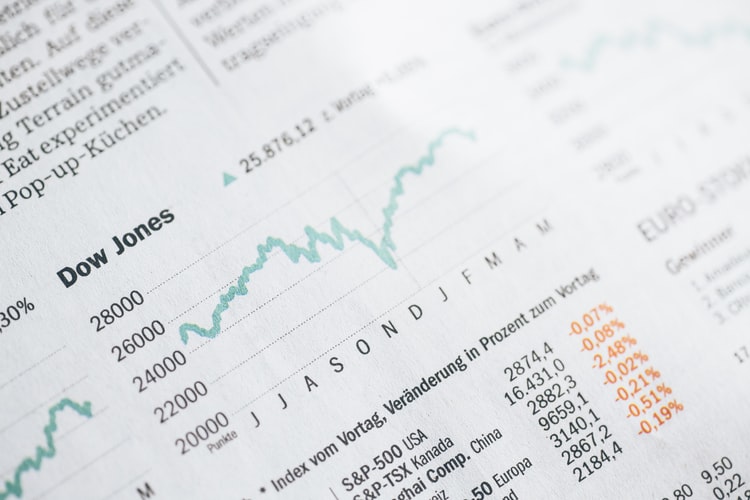
It seems that we have turned the corner, or very close to it, toward a global recovery from the effects of COVID-19. In many parts of the world, recovery efforts are taking place, and, despite a few spikes, it seems that our adoption of the new normal is beginning to feel natural. This is evident by moves being made within industries and companies to assess the damages caused by the pandemic and look to place blame and recoup losses. The issue becomes how to assign blame due to an unforeseen, unprecedented event like COVID. As far as the international shipping and trade industry, Greek shipping and trade executive, Victor Restis, indicates that although the global supply chain was tested in the early days, it remained strong.
As lawyers from both sides gear up and start looking at previous cases to establish precedent, they will like to start looking at the point of transfer. Ports and warehouses will likely be the first point of focus. Many ports struggled to maintain enough staff to keep operations going strong. When port workers are healthy, operations run smoothly, and on-time as expected. When many are sick or required to stay home then the fragile house of cards begins to topple.
More than two million seafarers are traversing the seas and oceans aboard large cargo vessels in the maritime industry. And there are hundreds of thousands of more working in the ports, warehouses, trucking, etc. When COVID-19 shut down country borders, including their ports, shipping companies found it difficult to unload cargo. So, who is responsible for these disruptions?
The maritime industry, like many others, is contract-based. There are contracts with staff, ports, warehouses, trucking, etc. Each outlining responsibilities and liabilities and responsibilities thereof. Force Majeure is a common clause that essentially frees both parties from liability and obligation when an extraordinary event or circumstance falls beyond the control of both parties. Sound familiar? Force Majeure will be called up to disassemble each situation and translate how the pandemic caused disruptions, how much money and resources were lost, and how it all fits together.
Though protections are in place, Mr. Restis points out that Force majeure in any given situation is controlled by the law governing the contract, rather than general concepts of force majeure. With an industry as large and as necessary as international shipping and trade, there is no doubt a slew of legal teams will be wading through the mess left by COVID-19 for years to come.
Leave a Reply
You must be logged in to post a comment.